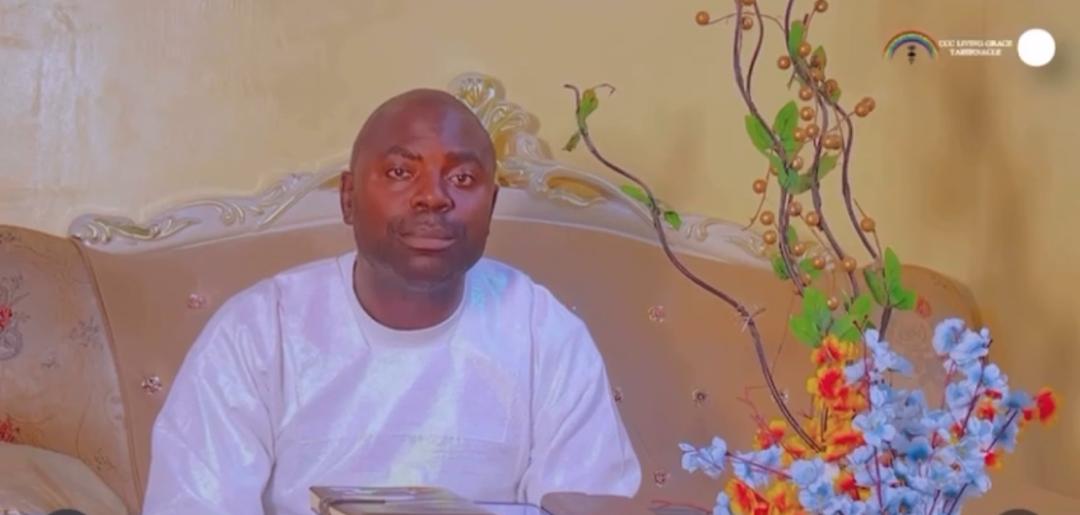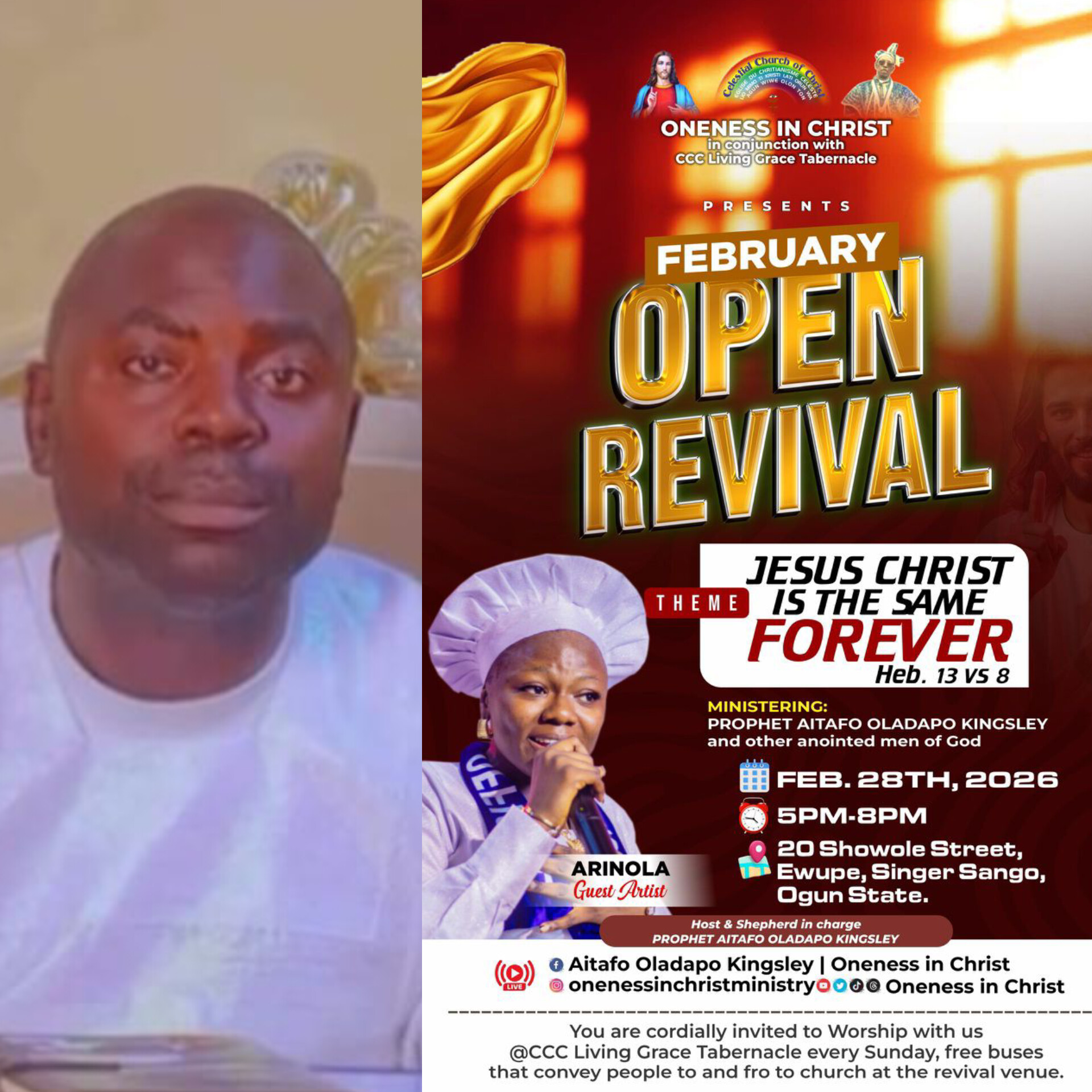news
APC Primaries : 18 states dare Oshiomhole, opt for indirect primaries

The crisis rocking the All Progressives Congress (APC) over the method to be adopted in the election of its candidates for the 2019 general elections is assuming a frightening dimension as more state chapters of the party continue to dare the party’s leadership by opting for indirect primaries rather than direct primaries as directed by the National Working Committee (NWC).
Sources told this newspaper that the governors elected on the platform of the ruling party are leading rebellion against the Adams Oshiomhole-led NWC. APC presently has 21 governors. No fewer than 14 of the governors have adopted indirect primaries in the selection of candidates for the 2019 general elections.
The National Executive Committee (NEC) of the ruling party had, on August 30, adopted the direct primary method for the selection of its presidential candidate, while states were empowered to choose which of the methods best suits their peculiarities. But the NWC, in a counter directive, ordered that all primaries must be by the direct method. So far, 19 state chapters of the party have rebuffed the directive of the Adams Oshiomhole-led APC NWC.
They include Imo, Sokoto, Plateau, Yobe, Ekiti, Kogi, Enugu, Kaduna, Zamfara, Katsina, Ondo, Oyo, Adamawa, Borno, Katsina, Nasarawa, Kebbi, Delta and Bauchi. The Federal Capital Territory (FCT) also adopted indirect primary. Some of the states, which adopted indirect primaries, also agreed on consensus arrangement. Eleven states opted for the direct primary option as directed by the party leadership.
They are Lagos, Ogun, Osun, Kano, Abia, Niger, Rivers, Akwa Ibom, Bayelsa, Benue and Cross River. Six state chapters are yet to decide on which option to adopt.
They are Anambra, Edo, Taraba, Jigawa, Gombe and Kwara. But major stakeholders have kicked against the adoption of indirect primaries in Yobe, Katsina, Zamfara, Kaduna, Ondo, Adamawa, and Borno. In Imo, the state chapter of the party arrived at the option of indirect primaries at 6th State Executive Committee (SEC) meeting held in Owerri, the state capital, on Thursday.
It is the same story in Sokoto, where APC leaders also adopted the indirect primary election and consensus as the process to select candidates for all positions in the state after a stakeholders’ meeting. In Yobe, the state APC adopted both indirect primaries and consensus to choose its candidates for the election.
This was arrived at a stakeholders’ meeting held in Damaturu, under the chairmanship of the deputy governor of the state, Engr. Abubakar Aliyu. The meeting drew participants from across the 17 local government areas of the state. Also adopting the indirect primaries, the Plateau State chapter of the party cited security challenges in the state.
The decision was taken at a meeting of the state working committee of the party, stakeholders, elders, lawmakers and local government chairmen chaired by the state APC chairman, Hon. Letep Dabang and attended by the deputy governor, Prof. Sonny Tyoden, who represented Governor Simon Lalong.
Ekiti APC Chairman, Chief Jide Awe, who confirmed that the party in the state has opted for indirect primaries, said: “For the last, governorship election in the state, APC operated indirect primaries and it still subsists.” In Kogi, the party’s stakeholders also adopted indirect primaries during a stakeholders’ meeting chaired by Governor Yahaya Bello.
The stakeholders, in rejecting the direct primary method approved by the party’s NWC, said it would be too expensive. They also cited lack of record of party membership. Another state chapter of the APC, which opted for indirect primaries and consensus, is Enugu.
The decision was reached during the state executive committee meeting of the party. The state Publicity Secretary of the party, Mrs. Kate Offor, explained that consensus would be used where there is agreement among aspirants, while indirect primaries would be used where there is serious contention.
Also opting for indirect primaries, the Kaduna State chapter of the party cited lack of a comprehensive register of party members. The Zamfara APC chairman, who also justified adoption of indirect primaries by party stakeholders in the state, said the decision was not a deviation, but in line with the directive of national headquarters of the party.
But, a faction of the party in the state, led by senator representing Zamfara Central, Kabiru Marafa, rejected the decision. The factional APC state chairman, Surajo Maikatako,who spoke with journalists, said since the government’s side of the party’s leadership decided to adopt indirect primaries, they would as well conduct direct primary to select their governorship candidate as well as for other positions.
Also citing lack of comprehensive register and security issues for adopting indirect primaries, the Borno State APC chairman, Hon. Ali Dalori, said: “We are adopting the indirect primaries because as I am speaking to you, we don’t have authentic register of members of the party in the state or national secretariats and because of insecurity facing the state.”
However, a faction of the party, led by former Governor Ali Modu Sheriff, rejected the decision of the party stakeholders, saying it was unconstitutional and a breach of the party’s constitution.
The Adamawa leadership of the party and stakeholders also cited security issues as reason for adopting indirect primaries to candidates for the election in the state.
The state chairman of the party, Ibrahim Bilal, who spoke with our correspondent, particularly listed Madagalli, Michika, Mubi North and Mubi South councils as areas affected. Similarly, the leadership of Ondo State APC cited security and lack of authentic membership register as reasons for adopting indirect primaries to pick the party’s candidates in the state.
news
Journalists for Good Governance Shines Searchlight on Local Government Administration

Journalists for Good Governance Shines Searchlight on Local Government Administration
…Calls for Accountability in Nigeria’s Grassroots Governance
LAGOS, Nigeria — A civil society coalition known as Journalists for Good Governance(JGG) has intensified public debate on transparency and accountability within Nigeria’s local government system, urging media professionals, civil society actors, and citizens to hold grassroots leaders accountable.
Speaking an event in Lagos recently, the acting chairman of the society, Comrade Bunmi Obarotimi said that despite reforms such as the Supreme Court’s 2024 ruling granting financial autonomy to all 774 Local Government Areas (LGAs), systemic challenges continues to hinder effective service delivery and responsible stewardship of public funds.
“Local governments are the closest tier of government to the people — yet too often they remain the least transparent. Without civic oversight and vibrant media, promises of autonomy ring hollow.” the acting chairman said.
The Journalist for Good Governance emphasised crucial roles that journalists can play in uncovering discrepancies in council spending, flagging poor service delivery, and educating citizens on their rights. Their call comes amid wider efforts by media and civic organisations to bridge accountability gaps. The civil society initiatives had previously launched monitoring campaigns to track local government expenditures and have been quietly advocating for transparency in how public money is deployed.
The leaders of the Journalists for Good Governance (JGG) highlighted the importance of physical assessment and citizens engagement on projects to boost people’s confidence, urging local councils to adopt open data platforms and proactive information dissemination in compliance with the Freedom of Information Act. Experts say the majority of LGAs currently lack operational websites or digital portals, further limiting public scrutiny.
The Journalists for Good Governance initiative aligns with sustained advocacy by civil society groups and governance experts calling for a collective approach to strengthening democratic accountability, and has decided to engage in critical and holistic assessments of how Local Governments is being run and the impact and quality of projects they embark-on and to address deficits in transparency and public trust.
Meanwhile, some state governments have signalled support for improved community engagement. In Lagos State, authorities reiterated a commitment to enhancing community media platforms as vehicles for civic participation and accountability at the grassroots level.
The renewed spotlight on local government administration has reignited public debate over fiscal responsibility and priorities. Controversies such as the widely criticised Adamawa council chairmen’s wives trip to Istanbul — which drew public outrage for perceived misuse of public funds — underscore why watchdog groups say stronger oversight mechanisms are urgently needed at the grassroots.
Citizens and activists have welcomed the journalists’ initiative, calling for sustained media engagement that goes beyond headlines to influence policy and accountability reform.
The civic rights advocates note that real change will require robust legal frameworks, a free press, and empowered communities equipped to demand transparency at every level of governance.
As Journalists for Good Governance mobilises its members, the coming months are likely to see heightened media attention on grassroots administration — from council budgets and service delivery to the enforcement of public information laws and digital transparency initiatives.
news
ANOTHER PROPHECY FULFILLMENT BY PROPHET KINGSLEY AITAFO OVER THE EXIT OF DR. KENOLY, ANNOUNCING FEBRUARY’S OPEN PROPHETIC REVIVAL

ANOTHER PROPHECY FULFILLMENT BY PROPHET KINGSLEY AITAFO OVER THE EXIT OF DR. KENOLY, ANNOUNCING FEBRUARY’S OPEN PROPHETIC REVIVAL
– Another Prophecy Fulfillment by Prophet Kingsley Aitafo Following the Passing of Ron Kenoly Ahead of February Open Prophetic Revival
– Prophet Kingsley Aitafo Records Another Prophecy Fulfillment as February Open Prophetic Revival Is Announced
In the released prophecies for 2026, renowned Nigerian cleric, Prophet Kingsley Aitafo, shared a series of revelations touching on Nigeria’s economy, global events, political transitions, natural disasters, religious transformations, and the future of world leaders.
During a special prophetic session, the prophet stated that he foresaw the departure of two world-renowned musicians in 2026 and urged the Nigerian people and the global community to pray for them.
He urged Nigerians and everyone around the globe to pray for the musicians, among other prophecies, and already gave insight concerning them.
On February 3, 2026, American gospel singer, songwriter, and worship leader Ron Kenoly passed away at the age of 81. Widely known as the “Professor of Praise,” Kenoly was celebrated for anthems such as “Majesty” and “Lift Him Up,” which have significantly influenced modern congregational worship around the world.
He was recognized as a pioneer of the contemporary praise and worship movement, leading Scripture-based worship services that became widely adopted in churches across different nations and cultures.
The development has been described by followers of Prophet Kingsley Aitafo as a confirmation of the prophecy earlier declared in the year.
Meanwhile, Prophet Kingsley Aitafo, leader and shepherd in charge of Oneness in Christ, in conjunction with CCC Living Grace Tabernacle, invites everyone to its February Open Revival. It is a prophetic service determined to change lives through miracles, healings, signs, and wonders.
It is not an ordinary service; it is another time for a divine encounter where your faith is strengthened, prayers are answered, and breakthroughs and favour are about to rain. With its theme — Jesus Christ is the same forever — the revival is promised to release the power of Jesus Christ like never before. It is a period of shift and divine encounter.
This revival service is said to hold on the 25th of February, 2026, from 5pm – 8pm at 20, Showole Street, Ewupe, Singer Sango, Ogun State.
It is a season where God is ready to reveal Himself like never before. Members of the public are invited to attend.
news
GEN CHRISTOPHER GWABIN MUSA SUPPORT INITIATIVE COMMENDS STATE-FEDERAL COLLABORATION IN ZAMFARA

GEN CHRISTOPHER GWABIN MUSA SUPPORT INITIATIVE COMMENDS STATE-FEDERAL COLLABORATION IN ZAMFARA
The Gen Christopher Gwabin Musa Support Initiative (GCGMSI) has commended the Zamfara State Government for its decisive contribution to security operations through the donation of newly acquired armoured personnel carriers (APCs), surveillance drones, and other critical operational equipment to troops and security agencies in the state.
This commendation was contained in a statement signed by the Convener of the GCGMSI, Ibrahim Dahiru Danfulani, Sadaukin Garkuwan Keffi/Betara Biu, and made available to the press.
The equipment was formally commissioned on Wednesday, February 18, by the Grand Patron of the GCGMSI and Minister of Defence, General Christopher Gwabin Musa, OFR (rtd.), in a ceremony at the Government House, Gusau. The event was attended by senior military officers, heads of security agencies, and top officials of the Zamfara State Government.
The GCGMSI, in its statement, hailed the donation as a “transformative and timely intervention” that aligns perfectly with its core objective of advocating for and supporting tangible measures that enhance the operational capacity and welfare of Nigeria’s security forces. The Initiative praised Governor Dauda Lawal’s administration for moving beyond rhetoric to actionable, material support, describing the move as a “blueprint for state-level collaboration in national security.”
“The provision of these assets by the Zamfara State Government is a testament to visionary leadership and a profound commitment to the peace and stability of its people,” the GCGMSI statement read. “It represents the exact kind of synergistic partnership between state and federal authorities that the GCGMSI champions. This initiative will significantly close operational gaps, boost the confidence of our gallant troops, and send a strong message to criminal elements.”
Speaking at the commissioning, General Musa emphasized that sustained collaboration is indispensable in confronting the nation’s evolving security challenges. He specifically commended Governor Lawal for his proactive support.
“Governor Dauda Lawal has demonstrated exemplary leadership and an unwavering dedication to the security of Zamfara State,” the Defence Minister stated. “The provision of these armoured vehicles, surveillance drones, and other operational equipment will undoubtedly boost the morale and operational effectiveness of our troops and other security agencies on the ground. This is a commendable effort that should be emulated by others.”
The newly commissioned assets, which include multiple APCs and advanced surveillance drones, are expected to dramatically enhance the mobility, protection, intelligence-gathering, and rapid response capabilities of security forces, particularly in the state’s remote and difficult terrains where anti-banditry operations are ongoing.
In his remarks, Governor Lawal reiterated his administration’s steadfast commitment to being a reliable partner in the security architecture. He urged security agencies to deploy the new resources responsibly and effectively to safeguard lives and property.
The Federal Government, through the Ministry of Defence, reaffirmed its commitment to continuing and deepening such partnerships with state governments across the nation to strengthen coordination and resource allocation in the collective fight against insecurity.
The GCGMSI concluded its statement by urging other state governments to take a cue from Zamfara’s “bold and pragmatic” approach, affirming that such concrete support is vital for achieving lasting peace and security across Nigeria.
-

 celebrity radar - gossips6 months ago
celebrity radar - gossips6 months agoWhy Babangida’s Hilltop Home Became Nigeria’s Political “Mecca”
-

 society6 months ago
society6 months agoPower is a Loan, Not a Possession: The Sacred Duty of Planting People
-

 society5 months ago
society5 months agoReligion: Africa’s Oldest Weapon of Enslavement and the Forgotten Truth
-

 news6 months ago
news6 months agoTHE APPOINTMENT OF WASIU AYINDE BY THE FEDERAL GOVERNMENT AS AN AMBASSADOR SOUNDS EMBARRASSING












You must be logged in to post a comment Login